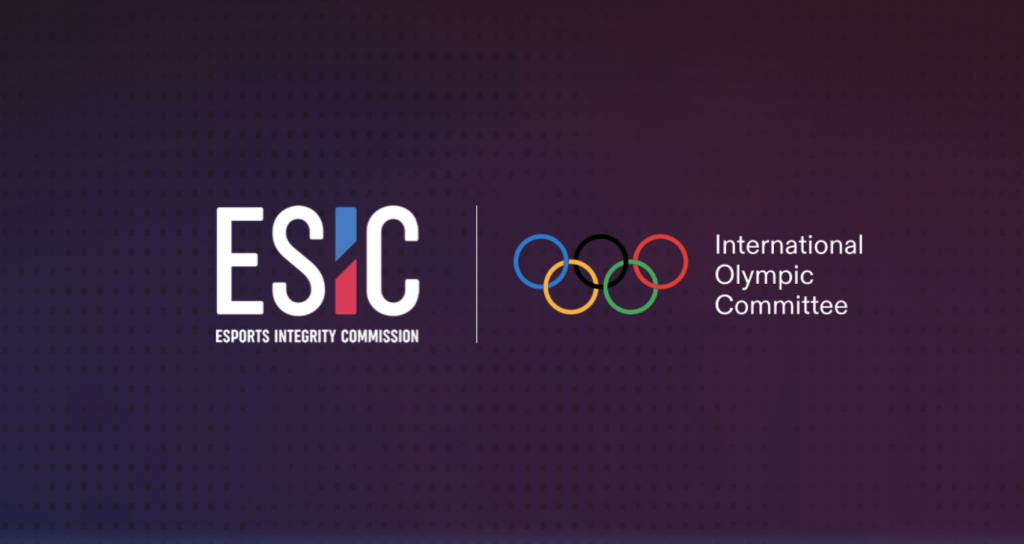
The Esports Integrity Commission (ESIC) and the International Olympic Committee (IOC) have announced a letter of collaboration to exchange information and best practices to combat corruption and other misconduct in esports.
The ESIC will act as function as a specialist advisory body to the IOC and OM Unit PMC (Olympic Movement Unit for the Prevention of the Manipulation of Competitions) to provide guidance on esports-related matters.
Founded in 2016, ESIC is a non-profit organisation that focuses on dealing with integrity concerns in the esports industry. Notably, this includes prosecuting integrity breaches such as match-fixing. Last month, a new board with ESL and BLAST executives was established to bolster ethical practices through frameworks, benchmarks and insights to address issues such as cheating.
On the other side, the IOC has increasingly invested its resources in the esports space. Last year, it created a new official commission focused on esports, including notable stakeholders from G2 Esports, Ubisoft and Konami.
At the end of last year, it also announced its intention to create an Olympic Esports Games following the Olympic Esports Series. The Olympic event saw individuals compete in less traditional esports titles such as Gran Turismo, Zwift and Just Dance.
Friedrich Martens, Head of the OM Unit PMC at the IOC, commented on the collaboration: “With numerous IFs organising esports competitions and the IOC planning to organise relevant competitions as well, we need to ensure that we have all the information and intelligence available to make sure that these competitions are free of manipulations or related breaches.
“Therefore we are very happy about this letter of collaboration formalising the long-standing communication between ESIC and the OM Unit PMC, particularly as esports is a developing area. Thus, we count on the support of ESIC for safeguarding the integrity and credibility of the esports competitions of the Olympic Movement, specifically to also further understand relevant risks and develop all right measures to mitigate them. “


